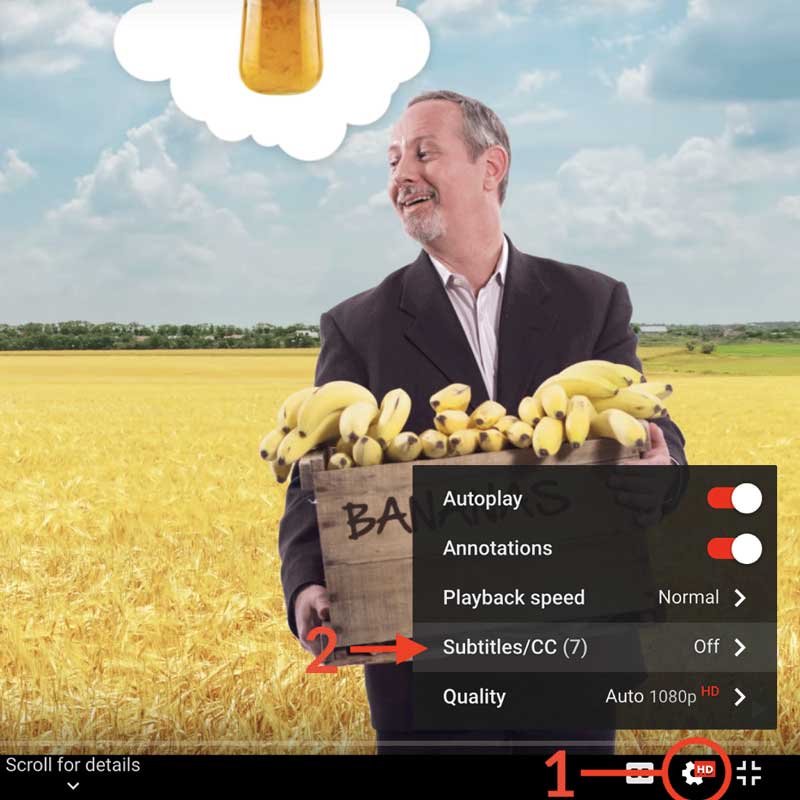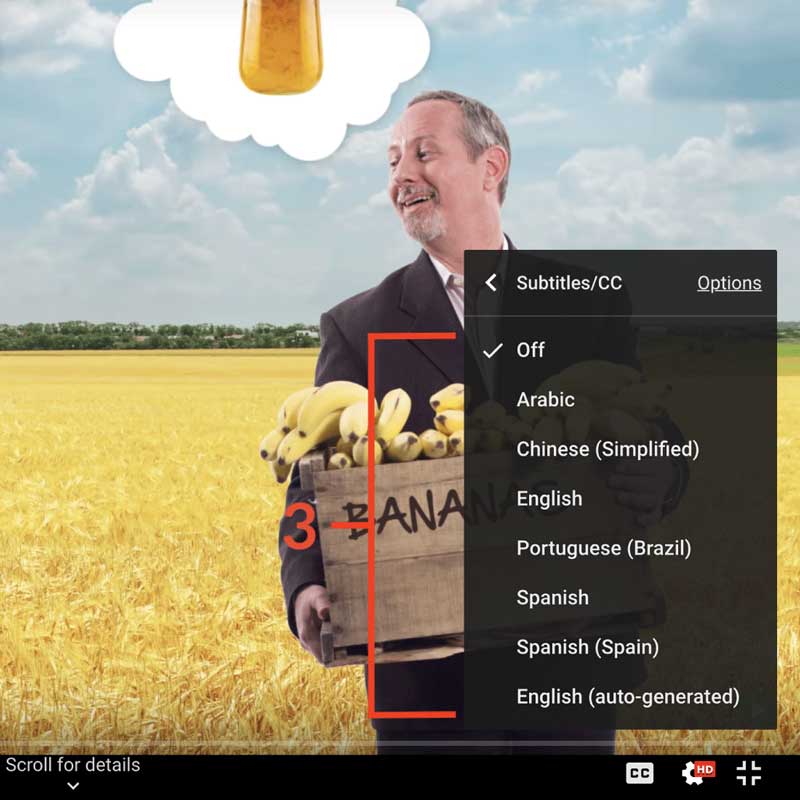Ceteris Paribus
Course Outline
Ceteris Paribus
The condition of being identical in every respect has a special name: ceteris paribus, Latin for all else equal. It is one of the most important concepts, not just in econometrics, but in all science.
In this video we tackle the question, should you pay big bucks to go to an expensive private university? Or would you do just as well attending a less pricey state university?
Keeping ceteris paribus in mind is the key to unlocking the answer to this question.
Teacher Resources
Related to this course
See all Teacher Resources related to this course
Transcript
Welcome. You have traveled long and far, through jungles and deserts, to learn econometrics. Today you take your first step towards becoming a metrics master. We will be studying the teachings of Master Joshway. He and Master Stevefu built this place of learning. Our first lesson is not for training your hands, but for training your mind. Our metrics path leads to choices and consequences. But the way of metrics begins with questions. We consider questions of world-shaking importance. But some of our most interesting questions are personal -- what to study, where to work, whether to marry your sweetheart. Here's a question you might have considered already. Should you go to an expensive private university, like Carnegie Mellon or Duke? Or should you save money by going to your local state school, say, Penn State or UNC?
Facing two roads, you can pick only one. Pondering your direction, you naturally consider the outcomes that lie at the end of each road, what skills, connections, and opportunities await in each scenario. For one road, the one that you pick, all is revealed. Suppose you pony up big bucks for private school and head for a leafy campus. Woo! Go Blue Devils! After graduation, alas, your first job proves disappointing and you're also saddled with a mountain of college debt. These bills! I wonder... You wish now that you could have seen what lies at the end of your path down the other road, the road that leads to state school and work and life beyond. Unfortunately, the path not taken is obscure. We call the road not taken "the counterfactual." Counterfactual. The counterfactual road leads to potential but unrealized outcomes. Only by seeing the counterfactual can we evaluate our decision of private versus public. But the counterfactual road is hidden -- you can't see what's at the end of it. So, what can we do?
In what sense can we imagine counterfactuals? Imagine, perhaps, a cloning machine. We send your clone down the counterfactual road. At the end of this fanciful journey you'll meet your clone and compare notes. ...really great. You then learn which of your two potential paths lead to a more rewarding outcome. We imagine that you and your clone are identical -- you have the same genes and life experience up to the point at which your paths diverge. This fact makes the comparison between the two of you especially revealing. The idea of a perfectly balanced comparison, mystical and mysterious as it sounds, is central to the hard-nosed quantitative discipline of econometrics.
This idea is so important that masters have given it a latin name: "ceteris paribus." Ceteris paribus. Ceteris par--, paribus, what? Ceteris paribus. Ceteris paribus means "other things equal," all other things. With clones, we'd have perfect ceteris paribus, and we'd actually get to play out the counterfactual scenario. We'd have a clear picture of cause and effect. In our fanciful cloning experiment, the only differences between you and cloned-you arise in the wake of a single decision -- to go private, or go public. What comes later must therefore be caused by this single choice. Too bad cloning to discover counterfactuals is impractical, maybe even illegal. But cloning is also unnecessary. Metrics masters make it their business to discover something seemingly unknowable and obscure -- what lies at the end of the road not taken. How is that possible? We don't have a cloning machine, but if you develop the right mindset you won't need one. Wielded with judgement and skill, the weapons of econometrics can provide ceteris paribus comparisons. Time for your first test of ceteris paribus. Otto, does private university attendance pay? How would you discover this? By following two groups of students, one going private and the other public -- then we measure their average wages. This has been done. Here's what it shows. Those who attend private school earn 14% more. Then a private university is worth it. -Have you forgotten about ceteris paribus? Look at the group of students on each road. Let's compare them as they set out for college. Are they truly similar? Do they have the same test scores, family background, and ambition? Almost certainly not. Oh, stupid! Surely these differences between public and private groups also affects their wages. Can ceteris really be said to be paribus?
Fortunately, this is a training exercise. In the high-stakes world of real empirical work, forgetting ceteris paribus would lead you straight into the arms of one of our mortal enemies -- selection bias. We'll learn how to confront selection bias next time we meet. Rest up. You'll need your strength!
Subtitles
- English
- Spanish
- Chinese
Thanks to our awesome community of subtitle contributors, individual videos in this course might have additional languages. More info below on how to see which languages are available (and how to contribute more!).
How to turn on captions and select a language:
- Click the settings icon (⚙) at the bottom of the video screen.
- Click Subtitles/CC.
- Select a language.


Contribute Translations!
Join the team and help us provide world-class economics education to everyone, everywhere for free! You can also reach out to us at [email protected] for more info.
Submit subtitles
Accessibility
We aim to make our content accessible to users around the world with varying needs and circumstances.
Currently we provide:
- A website built to the W3C Web Accessibility standards
- Subtitles and transcripts for our most popular content
- Video files for download
Are we missing something? Please let us know at [email protected]
Creative Commons

This work is licensed under a Creative Commons Attribution-NoDerivatives 4.0 International License.
The third party material as seen in this video is subject to third party copyright and is used here pursuant
to the fair use doctrine as stipulated in Section 107 of the Copyright Act. We grant no rights and make no
warranties with regard to the third party material depicted in the video and your use of this video may
require additional clearances and licenses. We advise consulting with clearance counsel before relying
on the fair use doctrine.
